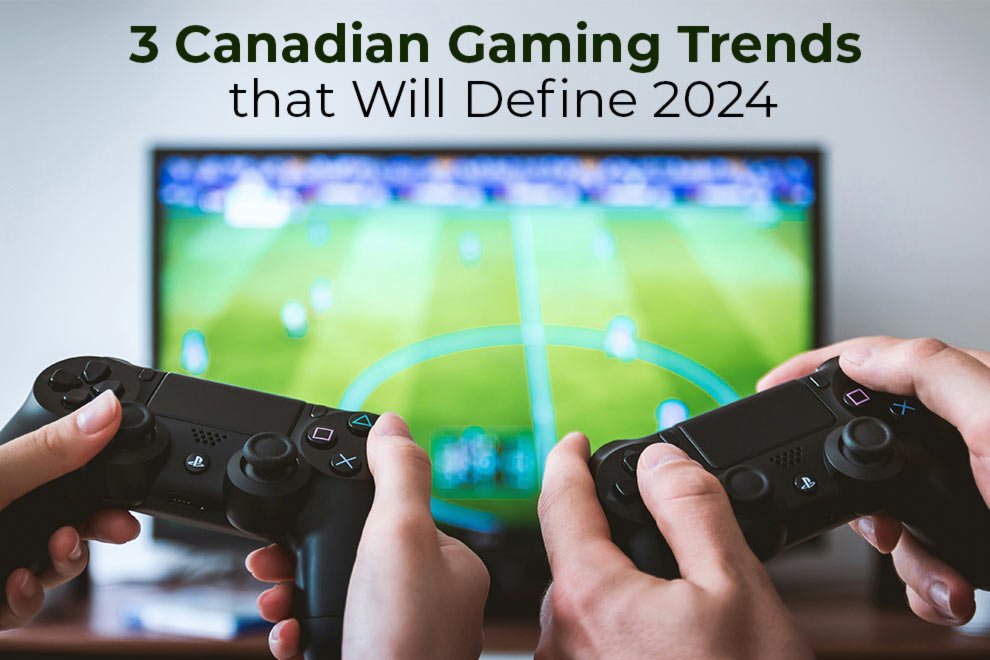A step against George Floyd’s murder in Minneapolis and the ongoing trauma
Black, indigenous, and people of color have experienced deep and prolonged trauma from systemic racism and its entrenched damaging effects on housing, education, socioeconomic status, healthcare, and employment over a lifetime. Fraser — a Minnesota-based nonprofit organization has made a commitment to fight racism in all forms and support the Black, Indigenous, and People of Color (BIPOC) clients and staff it serves.
Rise to fight racism
Founded in 1945 during the Great Depression to serve children and adults with special needs, Fraser is widely known for providing lifespan services for healthcare, housing, education, and employment to children, teens, adults, and families facing autism, mental health issues, and special needs.
Through collaboration, Fraser will support its staff, clients, and community with resources to help them at every stage of life and to process the shock, grief, and fear they face in the aftermath of George Floyd’s murder in Minneapolis and the ongoing trauma they experience from centuries of systemic abuse.
“All individuals have the right to live work learn and play as inclusive members of our society. It is clearer than ever before that this right has not been upheld for people of color,” said Diane S. Cross, Fraser President, and CEO.
A sword of peace and justice
Fraser is establishing a new anti-racism initiative to help the organization look inward, learn, enact change, and stand beside its communities of color. The new group will work on ongoing, action-based items for change to fight racism.
Fraser has also launched the Fraser Hope Line, a free call-in service that puts the community in touch with a mental health professional. While the Fraser Hope Line is not a crisis line, it does provide immediate and ongoing resources to help individuals and families manage mental health issues. The line is answered Monday through Friday, 7 a.m. – 7 p.m., CT.










